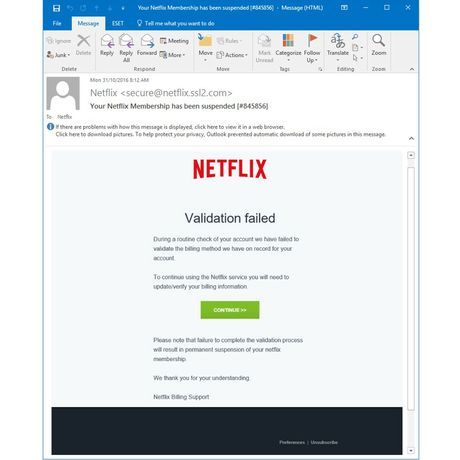DESPITE widespread publicity about cyber attacks and scams, Australians are still sharing passwords, leaving devices unprotected and engaging in risky online behaviour.
The annual Norton Cyber Security Insights Report shows even Australians affected by cybercrime continued unsafe behaviour.
Almost 1 in 4 (24%) are likely to share their password with others, negating their efforts to keep devices safe.
Almost half (43%) of Australians that own connected home devices have at least one unprotected, leaving themselves vulnerable to ransomware, malicious websites, zero days and phishing attacks.
“Our findings show that people are growing increasingly aware of the need to protect their personal information online, but aren’t motivated to take adequate precautions to stay safe,” said Mark Shaw, Technology Strategist, Symantec.
“While consumers remain complacent, hackers are refining their skills and adapting their scams to further take advantage of people, making the need for consumers to take some action increasingly important.”
Within the past year, 689 million people in 21 countries were victims of cybercrime, an increase of 10 percent across the 17 countries that were measured in 2015.
• One in four (26 percent) connected home device users in Australia don’t have any protective measures in place for these devices.
• Over four in ten (41 percent) Australians surveyed don’t believe there are enough connected devices users for them to be a worthwhile target for hackers. Yet, just as hackers learned to benefit from targeting social media and financial accounts, they are on their way to learning how access to connected home devices can be lucrative.
• Globally, more than six in 10 (62 percent) consumers said they believe connected home devices were designed with online security in mind however, according to Symantec research, in 2015, criminals compromised TVs, toys, refrigerators, doorbells and even medical devices.
Norton Top Tips to Stay Safe Online
- Avoid password promiscuity: Protect your accounts with strong, unique passwords that use a combination of at least 10 upper and lowercase letters, symbols and numbers to help keep the bad guys at bay.
- Make it difficult for attackers to access your information by changing your passwords every three months and not reusing passwords for multiple accounts. That way, if a cybercriminal gets your password, they can’t compromise all of your accounts. And if it’s too overwhelming to keep up this practice, use a password manager to help!
 Another example of a phishing email scam.
Another example of a phishing email scam.- Don’t go on a phishing expedition: Think twice before opening unsolicited messages or attachments, particularly from people you don’t know, or clicking on random links. The message may be from a cybercriminal who has compromised your friend or family member’s email or social media accounts.
- Don’t keep a (dis)connected home: When installing a new network-connected device, such as a router or smart thermostat, remember to change the default password. If you don’t plan on using the Internet feature(s), such as with smart appliances, disable or protect remote access when not needed. Also, protect your wireless connections with strong Wi-Fi encryption so no one can easily view the data traveling between your devices.
- Be in control when online: Entrust your devices to security software to help protect you against the latest threats. Protect all your devices with a robust, multi-platform solution, like Norton Security Premium.
- Know the ins and out of public Wi-Fi networks: Accessing personal information on unprotected public Wi-Fi is like broadcasting your entire screen on TV – everything you do on a website or through an app, could potentially be exposed. Avoid anything that involves sharing your personal information (paying a bill online, logging in to social media accounts, paying for anything with a credit card, etc.).







